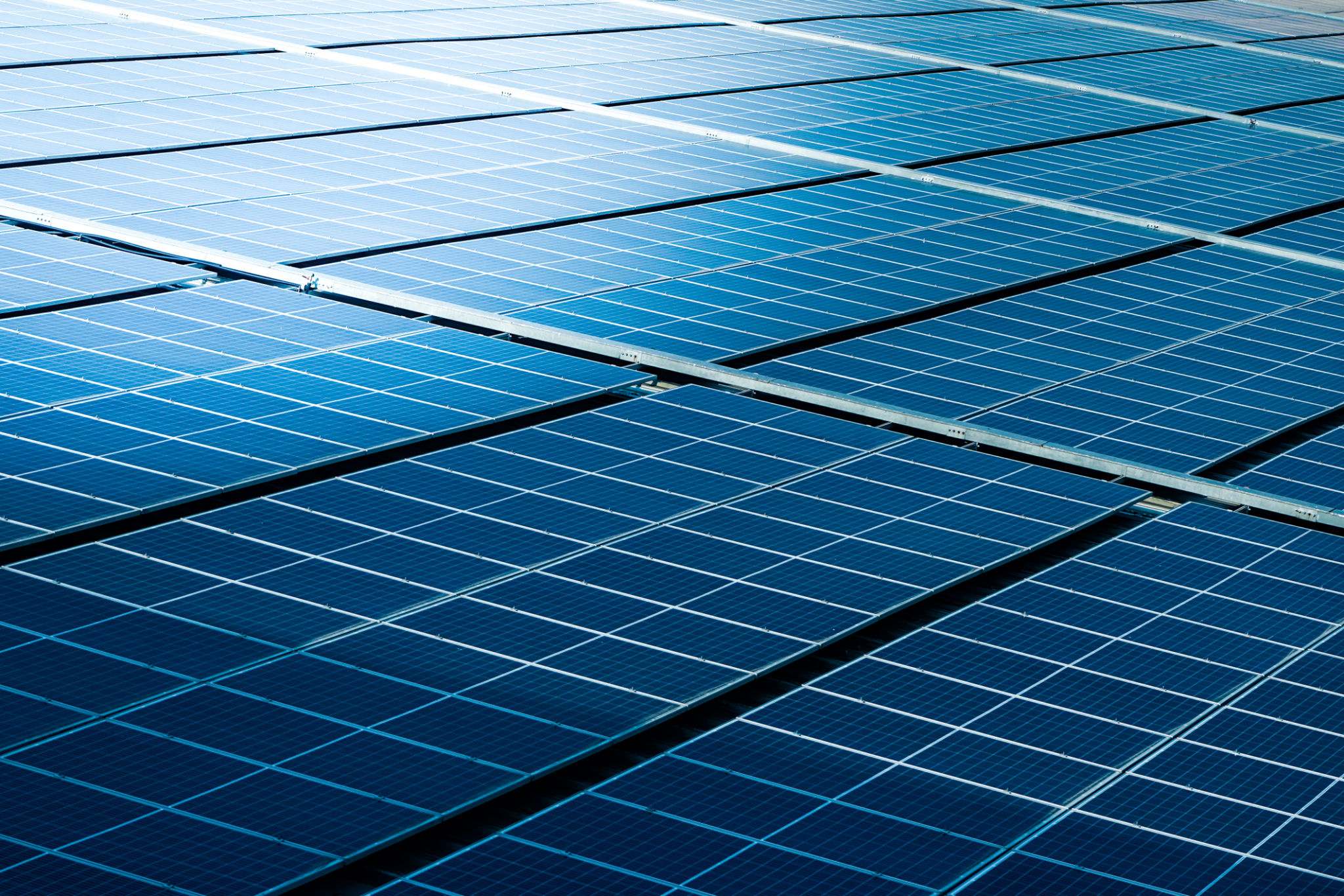Sustainable Building Practices in Ghana: A Guide for Developers
In recent years, Ghana has seen a significant shift towards sustainable building practices, driven by the need for environmental conservation and energy efficiency. As a developer, embracing these practices not only benefits the environment but also enhances the market appeal of your projects.

Understanding Sustainable Building
Sustainable building, or green building, involves using eco-friendly materials and techniques to minimize a structure's environmental impact. This approach emphasizes energy efficiency, water conservation, and reducing waste. In Ghana, where climate conditions are unique, these practices are becoming increasingly essential.
Key Principles of Sustainable Building
To achieve sustainability in construction, developers should consider the following principles:
- Energy Efficiency: Incorporate solar panels, energy-efficient lighting, and smart appliances to reduce energy consumption.
- Water Conservation: Use rainwater harvesting systems and low-flow fixtures to minimize water usage.
- Use of Local Materials: Opt for locally sourced materials to reduce transportation emissions and support the local economy.

Benefits of Sustainable Building Practices
Adopting sustainable building practices offers numerous advantages. Environmental benefits include reduced carbon footprint and decreased pollution. For developers, these practices can lead to cost savings through energy efficiency and potential government incentives.
Market Appeal and Value
Properties built with sustainability in mind often attract environmentally conscious buyers and tenants. This can enhance the marketability of your projects and lead to higher property values. Additionally, sustainable buildings generally have lower operating costs, appealing to a broader range of investors.

Overcoming Challenges
While the benefits are clear, developers in Ghana may face challenges such as higher upfront costs and limited access to certain technologies. However, these can be mitigated through strategic planning and partnerships with local suppliers and experts.
Government Support and Policy
The Ghanaian government is increasingly supportive of sustainable practices, offering incentives for green building projects. Developers should stay informed about policies and programs that can provide financial and regulatory support.
In conclusion, sustainable building practices are not just a trend but a necessary evolution in Ghana's construction industry. By embracing these practices, developers can contribute to a healthier environment, achieve cost savings, and meet the growing demand for eco-friendly properties. As the industry continues to evolve, staying ahead with sustainable practices will be crucial for long-term success.
